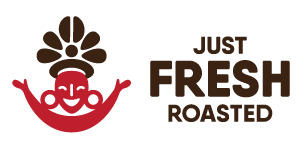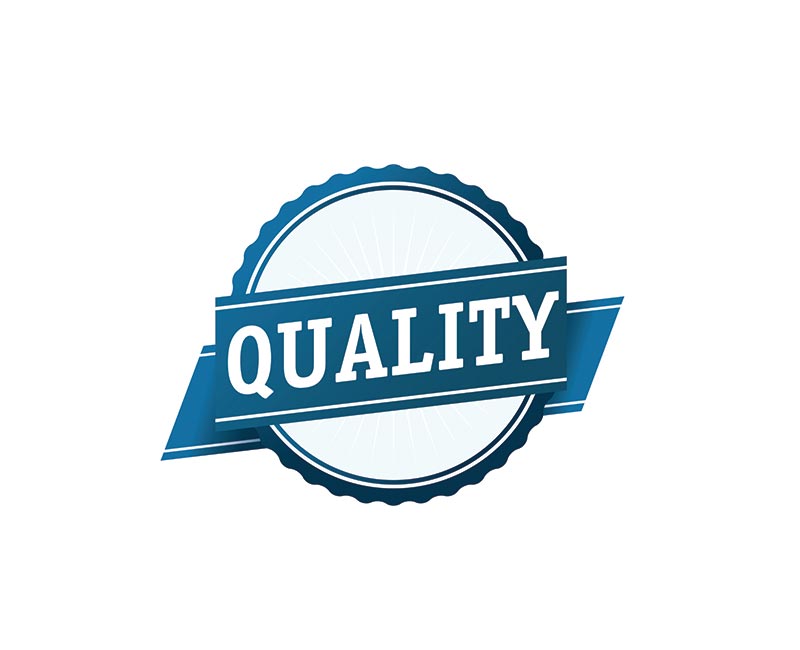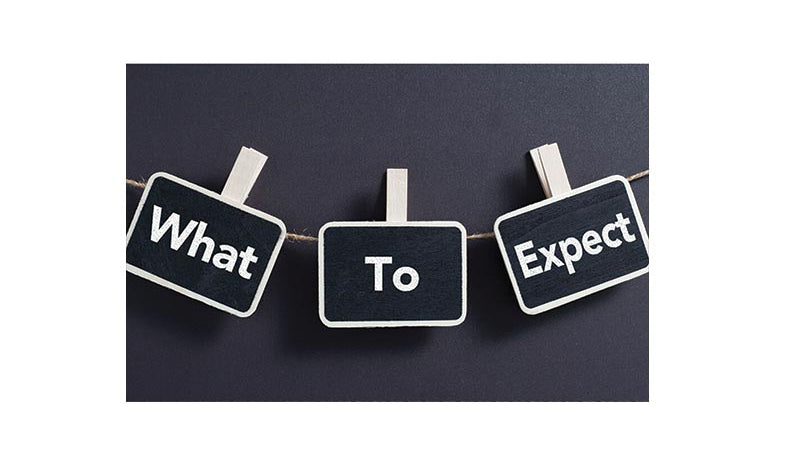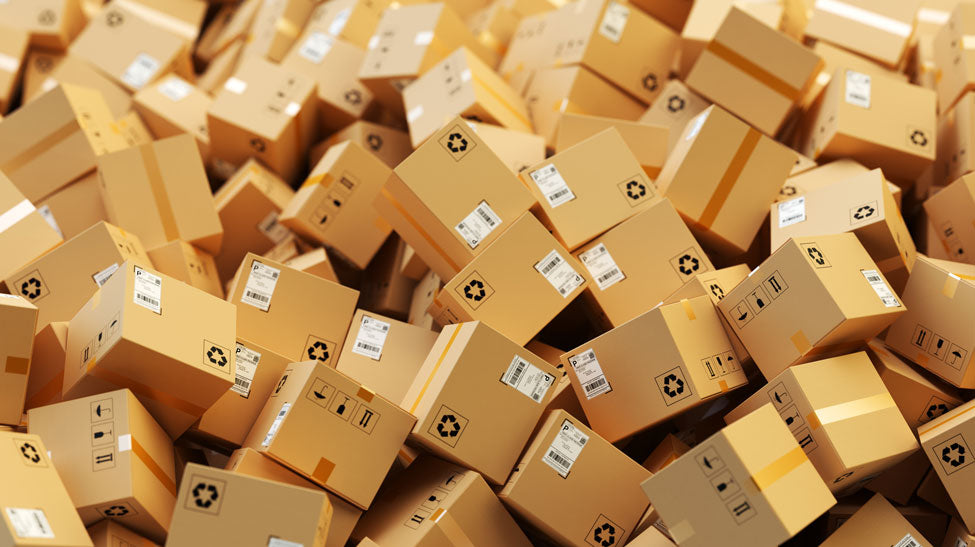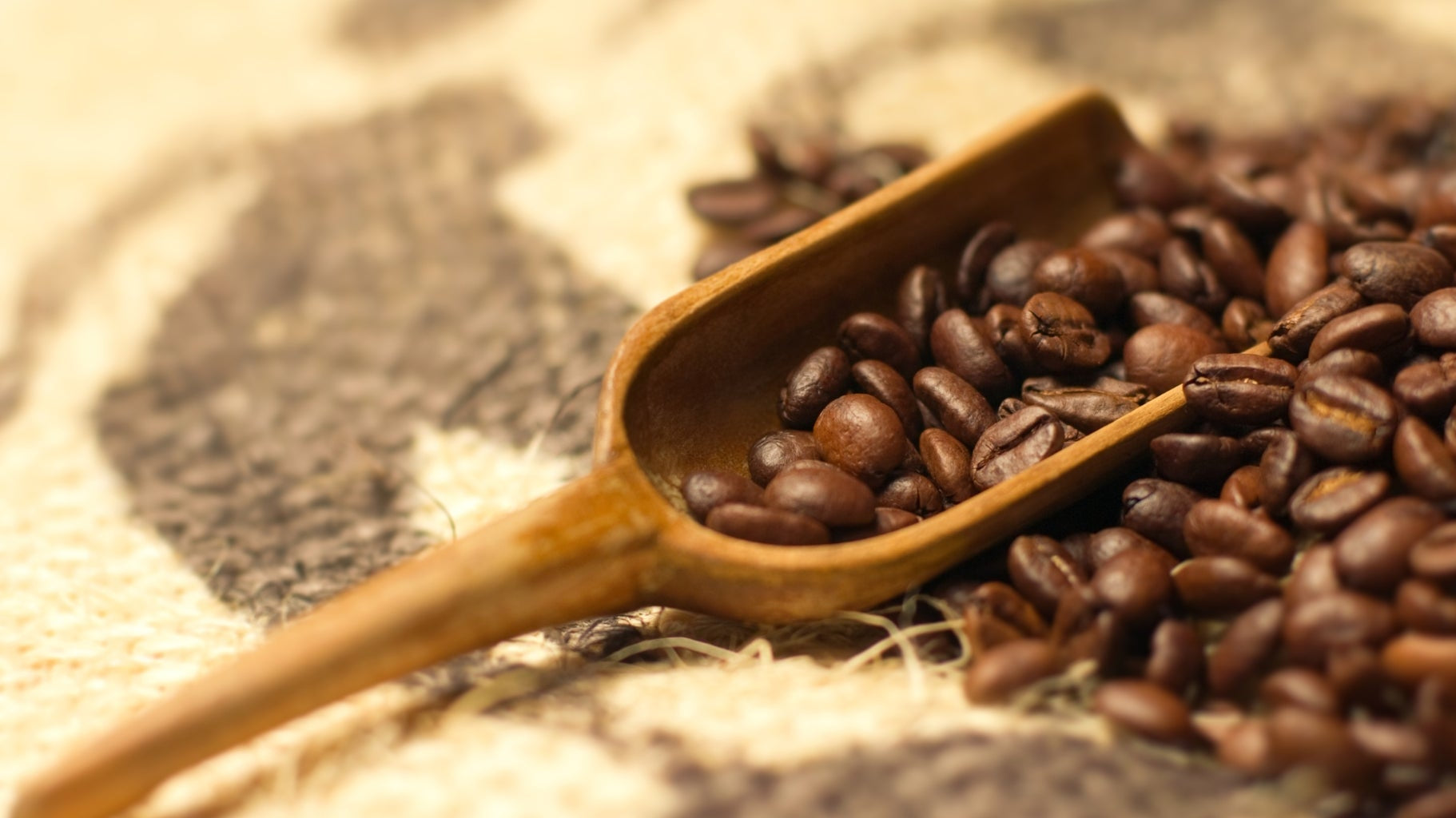We have been fortunate to live through and be part of the most historic era of change within the Australian coffee industry over the last 15 years.
In that time, we have seen our original strategy of providing quality single origin coffees result in the creation of a successful and influential segment within the Australian coffee market.
We are not trying to claim credit for that idea, it's just that we also identified the opportunity back in 2005 and it has been great to see the rest of the market move in that direction.
As the industry evolved rapidly there has been a widespread adoption of the term "Specialty Coffee".
It's now the new standard for quality coffee.
In the eyes of the committed and dedicated Coffee Roaster, the objectives for Specialty have always been about greater care and enhancing the distinct characteristics of the individual bean.
Never has it been about mass volume sales - although there are many mass volume sales brands masquerading or pretending to be specialty.
They get away with it because making claims about specialty is never, ever checked.
Coffee as a craft makes a big comeback
Small, micro roasters began popping up everywhere - bringing their artisan style, handmade, customised and personal flavour stamp to their crafted product.
The rise in "boutique" was flying in the face of traditional manufacturing where scale is king.
Despite the rise in roasting capacity in Australia, there are still only a few mega-plants in Australia - you can count them on 1 hand.
The ideology of specialty was remarkably simple - if it's a fruity bean, then try your absolute best to present and preserve those fruit elements in a way that also means the coffee is delicious to consume (ironically, that's not an easy task with fruity coffees).
Up until the rise in the specialty segment, most coffee was being roasted with a heavy, dark profile turning everything into a bland, homogonous consistency.
It was rather difficult to tell a Colombian from a Guatemalan as the heavy roast notes would dominate the cup.
Specialty is a style of coffee in contrast to the historical or traditional espresso genre of darker roasting coffees.
The methods of roasting dark we due to most green or raw coffee having harsher, rougher and for want of a better descriptor "dirtier" cup profiles. The darker roasts tended to hide or mask these low grade ingredients.
Darker roasting was also required because these companies still used a portion of robusta in their coffees. Robusta required a lot darker roast level to obtain decent flavor without harshness.
Specialty came to mean all things nice and delicate such as "clean and sweet" and was easily distinguished from the old-style, dark roasted, oily beans often presenting bitter taints needing sweeteners added to the cup, e.g. sugar, syrups, textured milk, etc.
This new style of Specialty (using better beans and careful, precise roasting) really started changing perceptions from around early 2010.
There was an explosion of quality-focused cafes dedicated to serving up something better than their competition. It became in effect a pissing competition with elaborate fit-outs and rockstar baristas.
All of a sudden, old school ways of running cafes and serving cups of coffee had changed.
Baristas now needed to take a lot more time and care to ensure precision and consistency in the preparation of their beverages.
Cafe culture kills fine dining
High end restaurants were doing it tough and closing down everywhere. Silver service was contracting and customers dining tastes were changing.
Cafes continued to pop up anywhere, many serving Masterchef quality food in a more relaxed atmosphere.
Soon you could get your coffee fix essentially everywhere. Whether it was in the bottom of a building, on the sidelines at the kid's footy match or mobile vans beeping their horn at your workplace or events.
It appears that in Australia, coffee is as ubiquitous as water.
This unending competitive fight for a better tasting cup of coffee is what propelled Specialty Coffee forward and into the psyche of coffee lovers everywhere.
Coffee drinkers started voting with their feet, trying the latest opening and critically judging the brew compared to other offerings nearby.
Loyalty it seemed was eroding and cafes had to try harder than ever to win and hold onto their regulars.
Smart cafe owners also knew that whilst serving food was always marginal profit proposition, their business health was firmly linked to the success of their coffee offering.
Selling coffee by the cup was putting $$ in the cafe owner's pockets.
Specialty becomes the benchmark at the expense of Imported Brands
Fast forward to today with a complete transformation and acceptance amongst the coffee drinking community that Specialty coffee is the desired preference of coffee lovers in our domestic market.
Whilst that has been the case in capital cities and higher populated regional areas where access to quality, fresh roasted coffee beans is abundant, the pandemic created a migration shift to regional areas and many of these hotspots are now rocking great coffees.
Italy held the crown of espresso king for almost a century.
They invented the espresso machine and largely influenced the majority of advances in the coffee industry during the 20th Century.
Whether it was packaging, roasting, blending, sourcing, etc. there are many innovations that came from the experienced Italian coffee roasters.
However, there have been some serious problems faced by the Italian coffee companies.
They have been and continue to be constrained by capped prices for coffees.
Without the freedom of cafes to charge whatever they believe is fair and reasonable, in Italy where cafes operate on a fixed sale price of a coffee beverage it means the supplier to Italian cafes must source lower quality and cheaper alternatives in order to remain competitive.
That's not to say that all Italian coffee consists of rubbish beans, it's just that they have to think differently to Australian roasters when sourcing their raw coffees and hence there has been limited opportunity for the large Italian companies (except Illy) to use higher qualities or different styles.
For most large Italian coffee companies, even a small change in the price of raw coffees impacts their profits on huge volumes.
The Italians were supremely successful at growing outside of their local markets by distributing their coffees in all parts of the world.
This strategy worked well whilst the channels were primarily locked up by supermarket and retail shelves.
However, the Italians remained one-eyed about the realities of demand for fresh roasted product by insisting all their roasting was centralized in Italy.
They continued to sit on their hands, watched and waited until it was too late. Markets exploded into thousands of distribution channels and there was no way to control the game anymore - at least in mature markets like Australia.
Italian coffee brands also failed to adapt to changing needs on the consumer side.
Coffee lovers were better informed about freshness and rejected something that was imported and minimum 4 months old.
The Italian brands also failed to evolve their coffee tastes by targeting a sweeter and cleaner cup with adequate acids to mix with milk, etc.
After years and years of watching their market share contract in Australia, the remaining Italian brands used a strategy of acquisition in other parts of the world to buy specialty roasters and localize their offering.
I think that's been a pretty smart move.
Suddenly, Specialty suffers from over-exposure
The real challenge moving forward is with excessive usage of the term Specialty coffee.
Whenever we think specialty, it's generally associated with "better", "unique", "superior" or "improved" over what may be considered standard.
The problem is that there is no reference point for standard anymore with everyone doing the same thing by proclaiming " Specialty coffee is served here".
It's like the term specialty coffee has reach peak saturation and becoming meaningless, obsolete or complacent.
Unfortunately, with the Specialty Coffee tag being thrown around by everybody, everywhere, how does the average coffee drinker determine what is genuine or authentic ?
Aha.
Retail and wholesale coffee in Australia (and the rest of the world for that matter) persists within an unregulated, uncontrolled continuum.
That means anyone can call their coffee Specialty and there is no body, no association, no registrar or no enforcement authority to validate whether in fact a product claiming to be Specialty.
There's also no certification or controlled flow of goods for Specialty coffees (like that of FAIRTRADE), hence the system is open to abuse and misrepresentation.
You see, it's all down to interpretation and any Brand can source the same low or inferior grades they have been buying for 20 years and pack it into a sexy bag.
Obviously, the truth is in the cup, but marketing messages are deceptive and that doesn't help a poor consumer that overpays for poor quality.
You can taste many aspects of a specialty coffee - it's rich, clean, sweet, acidic (in a pleasant way).
It may have a long persistent clean finish and it certainly won't need sweeteners added.
The caveat with those statements of course it will only be like that when it's brewed, extracted or prepared correctly.
That folks is the root of many problems in the world of quality coffee - taking great beans and making a fist of it.
Coffee will always change
Specialty coffee is still grappling with a clear, concise identity and will continue on this roller coaster for some time yet.
The biggest obstacles to achieving a consistent, easy to understand definition are that quality evaluations are performed using different protocols to the target brewing methods used by coffee drinkers.
Coffee is scored and graded using roast profiles that are not suited to consumption - coffees are lightly roasted to test for defects.
When it scores 83 or greater SCAA points (some argue that 80 is the benchmark, but I disagree), only then is it deemed worthy to be called Specialty grade.
We contend that certain defects may not appear at such light roast depths.
From our experiences, some high scoring coffees do not actually translate so well into when preparing coffees for the average coffee drinker. You roast them for the consumer to drink and they don't taste like coffee !
Another obstacle to reaching a state of maturity in Specialty coffee is the huge number of variables involved with coffee.
Stuff that changes daily like seasonality, processing, transit, storage, volatility, etc. All these factors mean we as coffee roasters are continually adjusting and compensating for differences each day, week, month and season.
We also think there are no signs to a slowdown for innovation in the realm of alternate brewing.
People are inventing all different ways to brew or extract coffee which in turn also drives changes to the profiles required to roast coffees. In some countries espresso does not enjoy the same level of popularity.
All this "pushing of the boundaries" will keep Specialty coffee in a fluid state of change.
No doubt consumers will be hoping that things start to stabilize so they can enjoy a degree of predictable consistency with their daily beverage.
I will finish with my own definition of Specialty Coffee.........
If you liked a particular coffee I prepared and you asked me reproduce it again in 6 months time ?
.........it's Specialty Coffee in all honesty, not possible !
